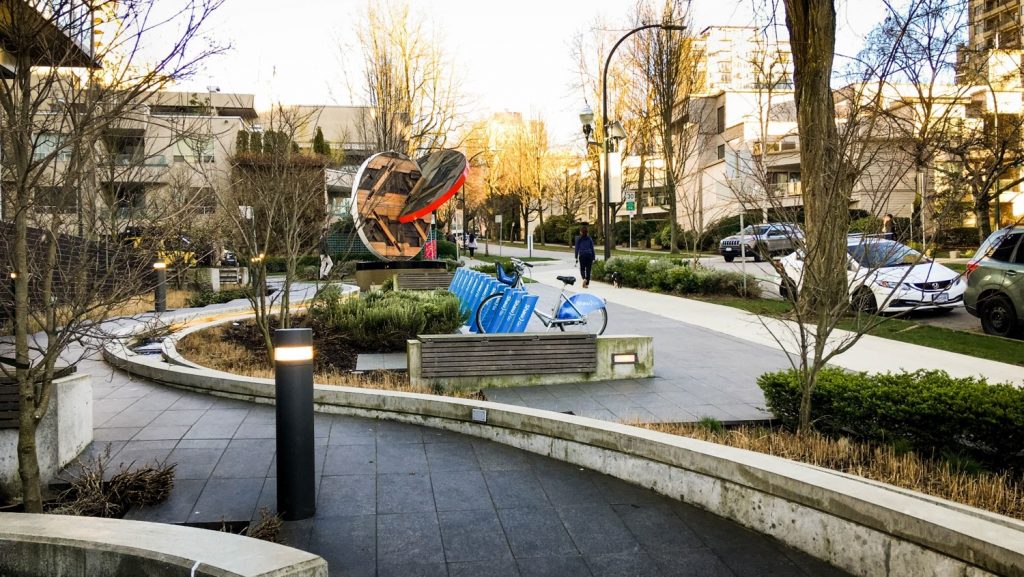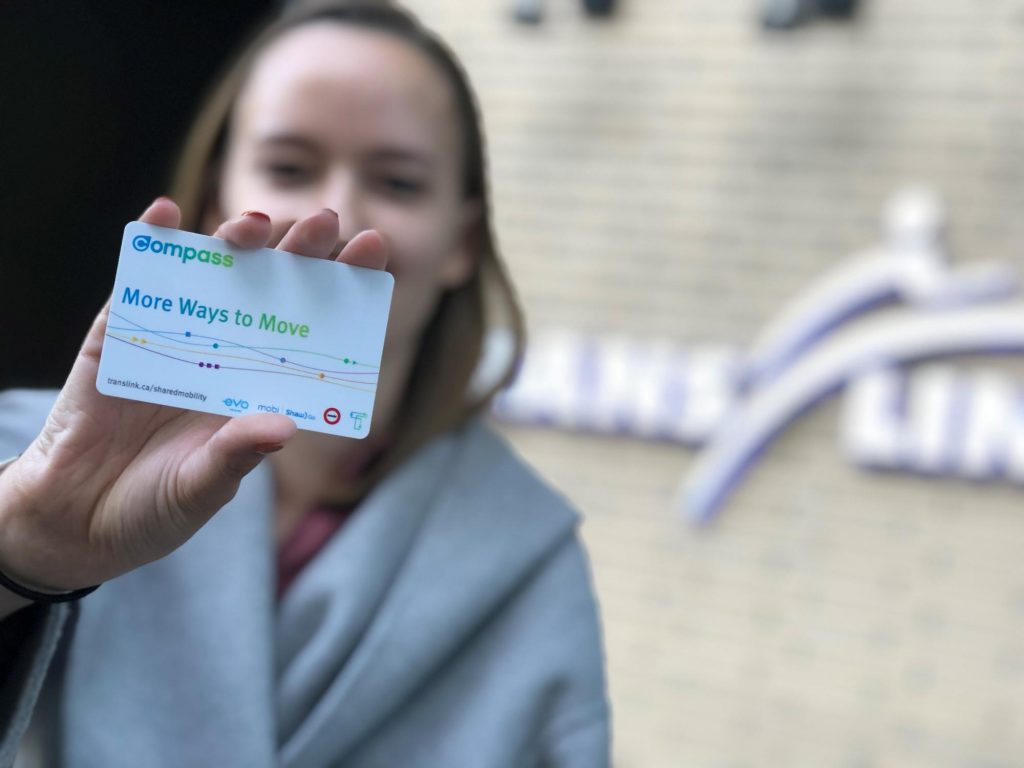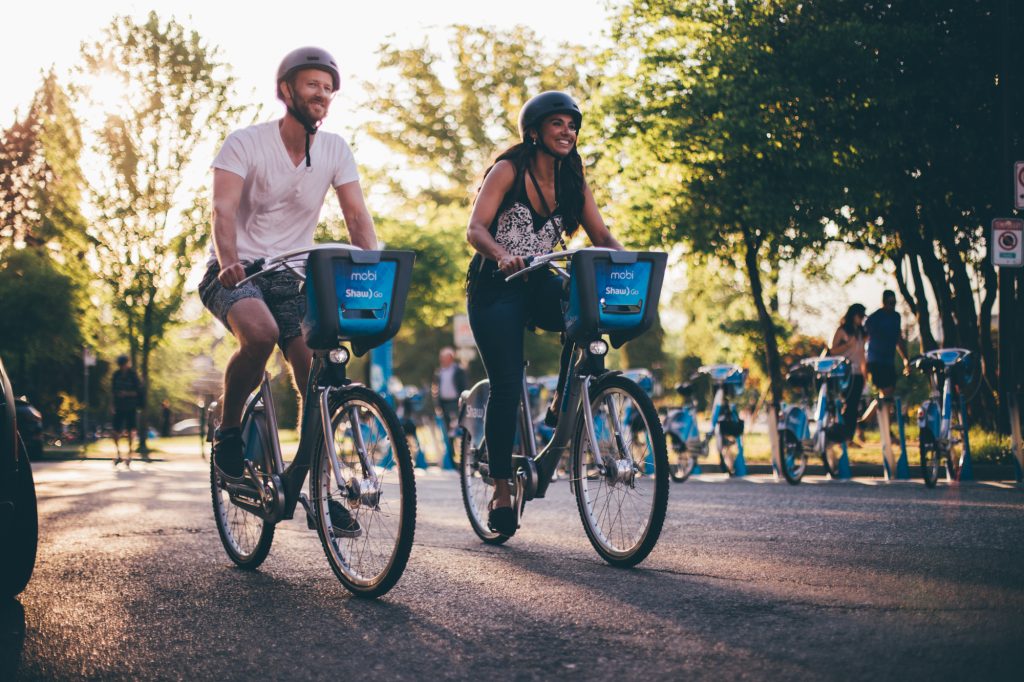Member Spotlight: Mobi by Shaw Go is Helping to Reshape How People Navigate Vancouver
The City of Vancouver aims to have two-thirds of all trips in Vancouver made by walking, cycling, and transit by 2040. Currently, these types of trips account for about half of the total, and the City’s station-based public bikeshare system – Mobi by Shaw Go – aims to help achieve this goal.
Continued growth
Mobi by Shaw Go launched summer 2016 and just celebrated the installation of its 200th station. Since its launch, ridership has shown steady year over year growth of 20% and has facilitated over 2.3 million trips. Residents commuting to and from work use the system the most and prefer to use bikeshare over their bikes because Mobi is faster, more convenient, and allows them to take one-way trips. Mobi lowered the system’s age limit from 16 to 12 years old, and the Vancity Community Pass equity program launched in 2018 to reduce barriers to bikeshare. Through continuous community engagement, the Vancity Community Pass has quickly surpassed the system’s goal of 300 signups and currently has over 700 registrations.
Stations on private sites
Years before the system launched, the City started securing statutory rights-of-way for public bikeshare stations on private sites through the rezoning and redevelopment process. Through this process, the City secured more than 35 off-street locations for public bikeshare.

Transit integration
At the end of 2019, TransLink, the region’s Transportation Authority, launched a pilot program that allows select transit cardholders to pay for and unlock travel with regional busses, trains, ferries, Modo & Evo carshare, and Mobi by Shaw Go with the same card.

Next steps
To increase the cycling mode share, the City is looking to further reduce barriers to bikeshare through the expansion of the system and the introduction of e-bikes. Through survey data, the City has learned that some of the main obstacles to bikeshare, such as the hilly topography of the City, might be lowered with e-bikes. Other cities have shown that e-bikes appeal to a broader range of people and have a higher likelihood to displace longer motorized (internal combustion) modes and transit. The City looks forward to continued partnership and learning from peer cities, the industry, and critical organizations like NABSA to continue Vancouver’s bikeshare ridership growth.

